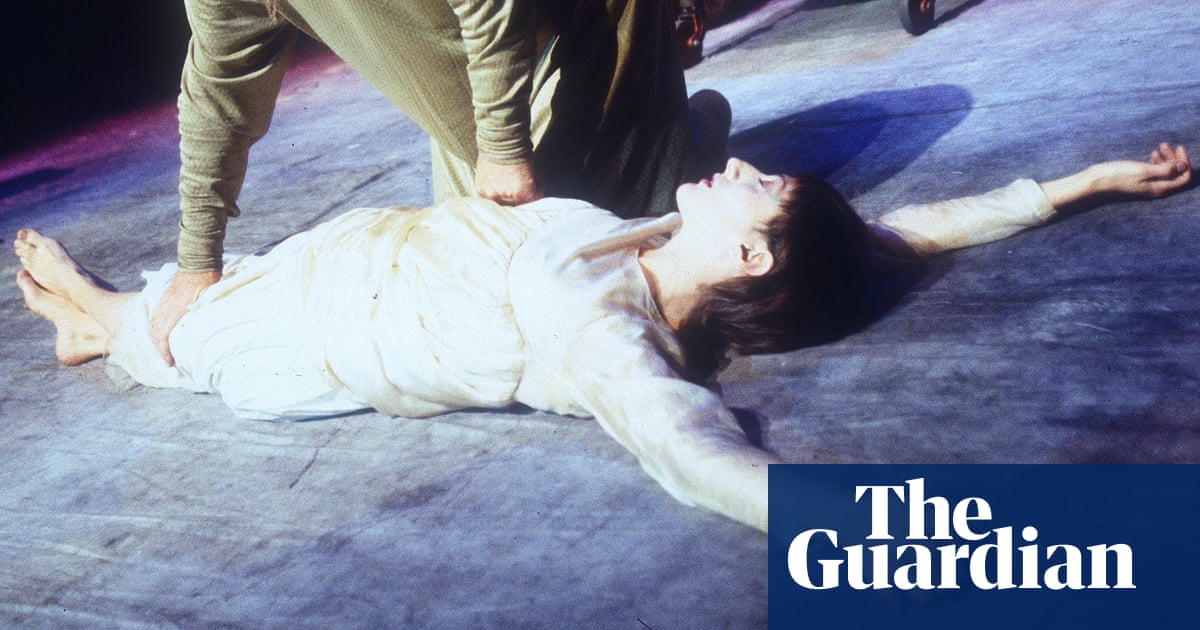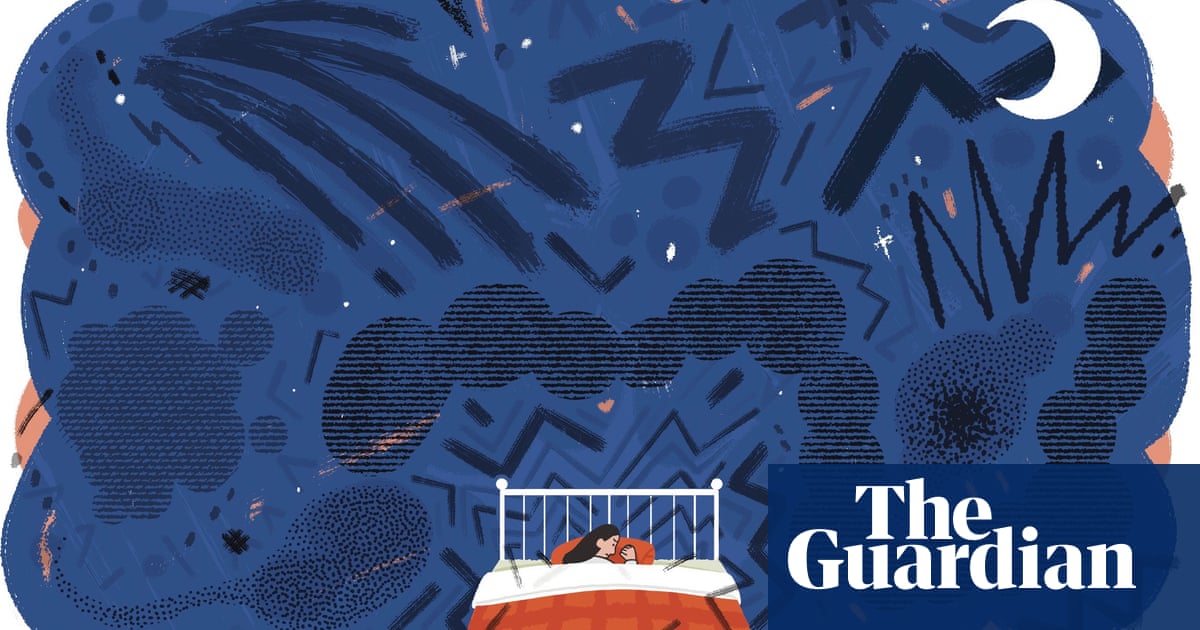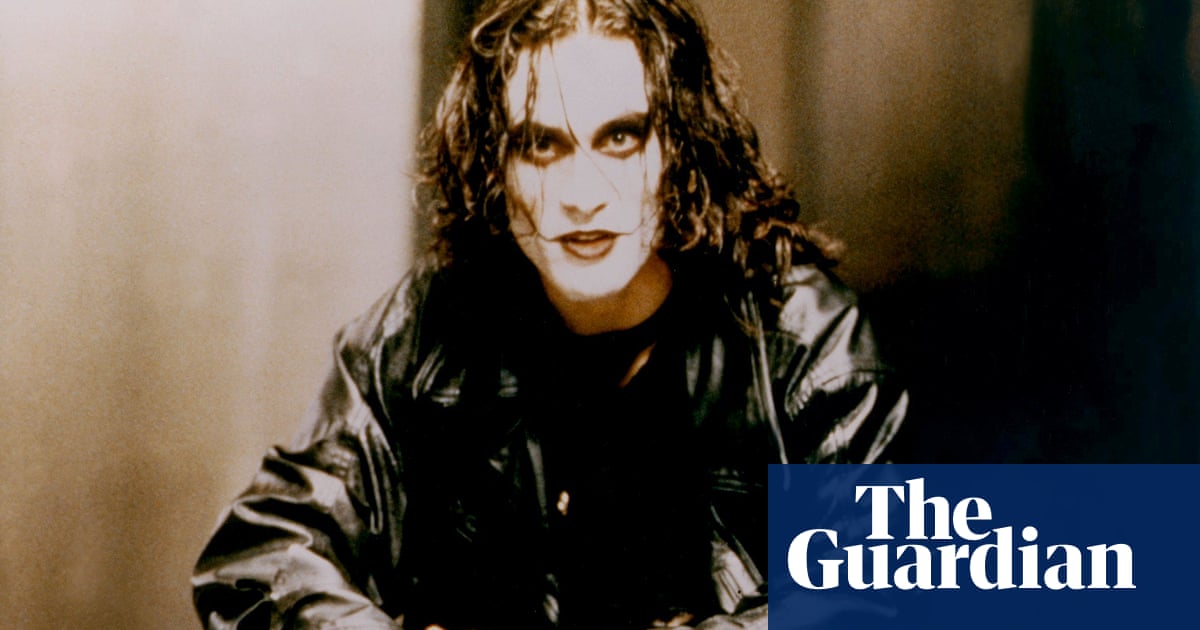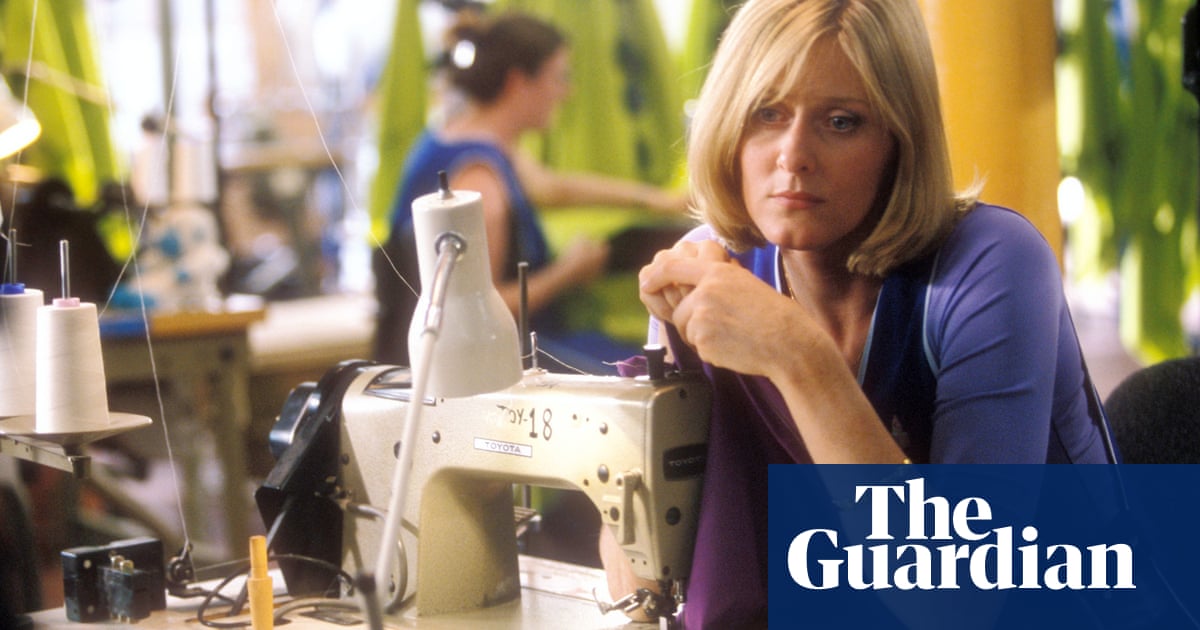
Death is an act most of us will perform only once. But for actors, it can be a regular occurrence. On stage, their character’s demise may come with a sudden gunshot or be devastatingly drawn out and come with a rousing speech. But how does it feel to die night after night after night in such roles?
In the National Theatre’s 2017 production of Tony Kushner’s Angels in America, Nathan Lane played Roy Cohn, the real-life political fixer who denied his diagnosis of Aids until the very end. “He thinks he’s indestructible,” says Lane, who faced a double challenge. In the play, Cohn attempts to get the last laugh by faking his own death, before the real one comes along. Lane was required to lie in a hospital bed on stage. “I pulled out an IV,” he recalls, “and this blood would spurt out. And I had to have these body tremors. It has an effect on you psychologically. There’s something about lying in a hospital bed and gown. You do start to feel sick.”
Playing Richard III for the Royal Shakespeare Company last year, Arthur Hughes found himself hyperventilating from the “headrush” of his death scene, surrounded by the ghosts of men he has murdered. “The end is a real acceleration,” Hughes says. “I was barefoot, covered in armour, ranting, raving, running, fighting. It ratchets up and up until he’s dead – and then it just stops.”
Later, the play’s abrupt ending would catch up with him. “Some nights we’d go to the Dirty Duck, the pub over the road, and I’d be like, ‘God, I really need a pint after that.’ But I soon found out that wasn’t the thing to do.” His head was too noisy. “I’d never played a character where I needed to ‘de-role’ before, but I had to create a ritual to take it all off.” He would sit on a cushion repeating gentle mantras to himself, shedding the angst that builds to Richard’s death. “I just needed some stillness. I found that if I didn’t do that, I wouldn’t sleep well.”
Patrick Vaill has been dying nightly, on and off, for 16 years. Death haunts Jud Fry, the lonesome outsider he plays in Daniel Fish’s illuminating revival of Oklahoma!, currently playing in London’s West End. It’s a role Vaill first took in 2007 at college. In one scene, Curly taunts him with the idea that, in death, Jud will have what he has always wanted: to be loved. “Death is presented to him almost in a romantic way,” Vaill explains. “It comes as a sort of softening.” When death finally arrives, it is staged somewhat abstractly. “We don’t do a literal, ‘I’m dying, I’m bleeding, slow collapse.’ What we shoot for is the emotional reality, the intellectual reality.” Once on the floor, he lets his body relax. “It’s an almost meditative moment of taking care of yourself, which is oddly similar to what death is presented as, to Jud.”
The sense of peace doesn’t last long. “Halfway through the Broadway run, I started to feel the weight of doing this every single day,” says Vaill. “Everything was tight, so I talked to a physical therapist.” The physio made a clear connection between the emotional performance and the physical consequences. “I was reminded by this doctor that, yes, your brain knows that this is fake, you’re not dead, this is your job, this is a story. However, your body hears a bang every night; your body is crying; your body is simulating fear.”
Can it be that in an intensive performance of death, the body starts to believe it’s real? Like Hughes, Vaill had to find ways of coping. He showers straight after the show. “First of all,” he laughs, “it washes off the blood. But a hot shower reminds your body: this is fake, these are your friends, you love doing this, and at the end of the day, you’re playing.”
Theatre may be an ephemeral art form but the physical and mental repercussions of performing over a long period can last. If you were doing the same performance for a film or a TV programme, says Vaill, you could “wreck yourself”, but that simply isn’t possible in theatre. “You have to do it eight times a week, hopefully for months and months.” As a result, you can’t let the intensity of it all affect your home life. The aftercare of performance is critical, he says, to reassure your mind and body that you are safe. “That kind of stuff becomes as important as doing your vocal warm-up before the show.”
For Josette Simon, getting into the role of Cleopatra at the RSC in 2017 was a far longer and more involved process than getting out of it: she found her mindset would change daily at around 3pm. Cleopatra takes her own life with a poisonous asp. “She’s right in the middle of the line,” Simon says. “So I thought she should die with her eyes open.”
Doing so upright in her throne, directly facing the audience, was not the easiest dramatic choice. “I made a rod for my own back,” she admits, “because I then had to spend the whole of Charmian’s speech with my eyes open, not blinking.” In rehearsal, her eyes would start streaming in seconds. “But I trained the muscles around my eyes. Every day, I would sit incrementally longer with my eyes like that. Occasionally in production I would feel a tear coming and I’d think, ‘Come on Charmian, get on with the speech!’” Today, Simon says with a sly smile, she believes she could still win any staring contest. “I’ve got it down to a fine art.”
Describing the way she would get into the character, Simon sees no separation between herself and the role. But in that moment of death, when there are no more thoughts in the character’s head for her to imagine, she would drift back to herself. She found it vaguely meditative, focusing on her breathing after the storm she had just delivered. “I was usually quite tired by this point, too,” she laughs. “It’s three hours and 15 minutes on the stage with extremely long speeches.” Unlike Vaill and Hughes, Simon didn’t have a nightly ritual to shake off the part and her death. For her, she says, “the character ends at the curtain call. It’s the end of that page and every night is a new page, as if you’ve never done it before.”
Although Simon would like to think a theatrical performance engaged with death might spark meaningful conversations off stage, she doesn’t really believe this happened. “We as a culture are terrible at talking about death,” she says. “We can’t even say the word. We can’t take the terror out of it.”
This fear of death took centre stage in Victoria Melody’s 2017 show Ugly Chief. When Melody’s father, Mike, was misdiagnosed with a terminal illness, he asked her to organise his funeral. She went one step further and trained to become a funeral director. Together they turned the surreal experience of planning your own sendoff into an anarchic show that aimed to open up a conversation about death. Indeed, a funeral “is like a sad theatre show”, Melody says. “A lot of pomp and creativity goes into making it a dramatic experience.”
In making the show together, they dug up topics they had avoided for years. He scrapped the initial eulogy she wrote for him because it made him into a saint, when in fact he’d been, she realised, a “chain-smoking, angry, depressed man who played Football Manager all day, so I left home at 16”. Instead, they wrote his eulogy together.
“We had people write to us after the show,” Melody remembers. “We had a dad who said it made him get in touch with his estranged son and mend their relationship, and we had an email from the son saying thank you.” The act of creating the show was transformational for her own dad, too. “He’d been an alcoholic my whole life,” she says matter-of-factly. “After that tour, he stopped drinking. I don’t think it changed his attitude to death, but I do think it made him want to live longer.”
On Broadway, Nathan Lane recently performed opposite Zoë Wanamaker in Pictures from Home, a play based on photographer Larry Sultan’s moving book about his ageing parents. Does taking part in another show about grief make Lane think more about his own mortality? “Sure,” he shrugs, “but I don’t need a play to do that. I think about death all the time. The more you see contemporaries die, you really think, boy, you just have to appreciate every moment.” He points to one of Wanamaker’s lines in Pictures from Home: “Of course I’m terrified of it, but we’re all going to die. Hopefully, you do it well.”












